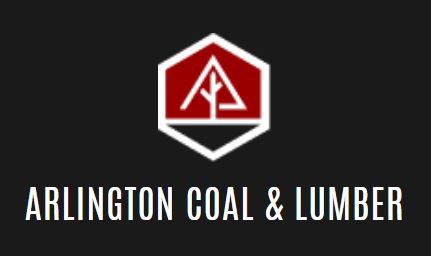C-Crete Technologies, a pioneer in the development of cement-free concrete, is celebrating the pour of the world’s first zeolite-based concrete, a significant step toward demonstrating that the breakthrough carbon dioxide emission-free product is ready for sale.
The pour at 7200 Woodlawn in Seattle was for a 20-ton, slab-on-grade outdoor concrete foundation and sidewalk steps, with zeolite as the binder rather than Portland cement. This pour builds on previous pours (in the same structure) of about 100 tons of C-Crete cement-free concrete using various feedstocks.
The usage of the new zeolite binder, which is free of Portland cement, indicates that it is now viable to start considerably decreasing carbon emissions in the construction industry. Portland cement concrete, which has been the most frequently used construction material for decades, accounts for around 8% of total global CO2 emissions, primarily due to chemically released CO2 during cement manufacturing. Zeolite is a naturally occurring non-carbonate rock, which eliminates this major environmental hazard. Furthermore, this binder absorbs CO2 from the air as it cures.
Zeolite is just one of C-Crete’s unique cement-free concretes, which use a variety of naturally occurring and abundant local rocks as cementitious binders.
“Our successful 20-ton concrete pour in Seattle utilizing the zeolite-based binder is an important step in our quest to revolutionize construction,” noted Rouzbeh Savary, Ph.D., founder and president of C-Crete Technologies. “This landmark use of the product epitomizes C-Crete’s commitment to reshaping the industry through environmentally conscious innovations. By tapping into various natural rocks like zeolite, and converting them into cementitious binders, we’re forging a path toward truly sustainable infrastructure.”
Zeolite is a rock composed largely of silicon and aluminum, the two most prevalent elements in the Earth’s crust. C-Crete’s zeolite-based concrete has a compressive strength of over 5,000 psi. It flows and pumps like traditional concrete and meets ASTM International’s mechanical and durability standards, such as expansion and freeze-thaw resistance. Importantly, it accomplishes so while being cost-competitive with traditional concrete. The zeolite rock for the project came from Zeolite Composites LLC.
“What is exciting about this pour are the additional implications of using zeolite,” according to Donald Davies, the owner of the Seattle building and chair of Building Transparency, a nonprofit organization dedicated to helping the building sector to address the role of embodied carbon in climate change. “This is a potentially new feedstock material that is not in the market today as a supplementary or in this case a fully alternative cementitious material [SCM or fully ACM]. This was a field trial of a new material to show what is possible. It was batched from a ready-mix truck, pumped and finished using normal construction procedures on the site.”
“Concrete, in particular, is used in large quantities on nearly every building as an inexpensive, durable structural material,” according to Kjell Anderson, partner and director of sustainable design at LMN Architects, a Seattle-based architecture firm that was not involved in this project. “Our use of concrete is unlikely to change, so using Type 1L cements, in combinations with SCMs such as fly ash and blast furnace slag, is our main reduction opportunity currently. There are limits of availability of SCMs, and to get beyond our typical 20 to 40 percent reduction [in the use of Portland cement], we need zero-carbon cements like C-Crete’s. There are other products that have announced they are coming to market, but none are currently available.”











